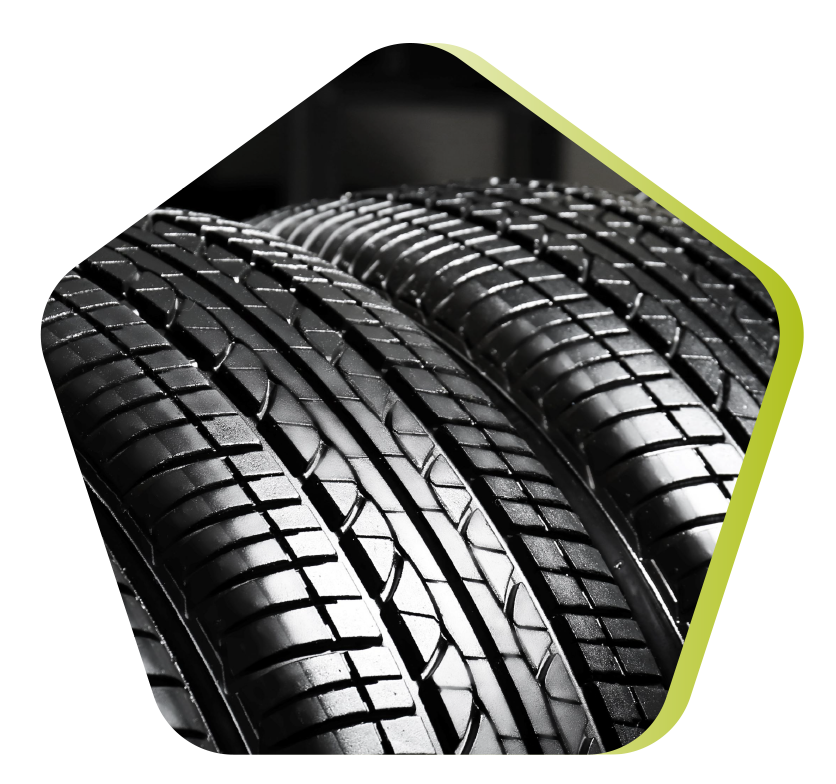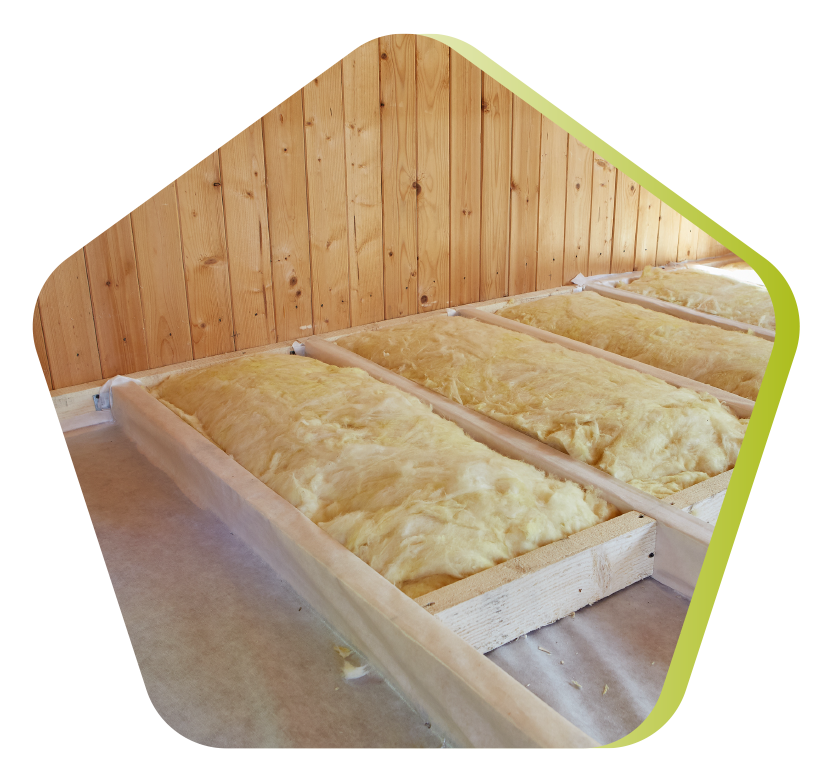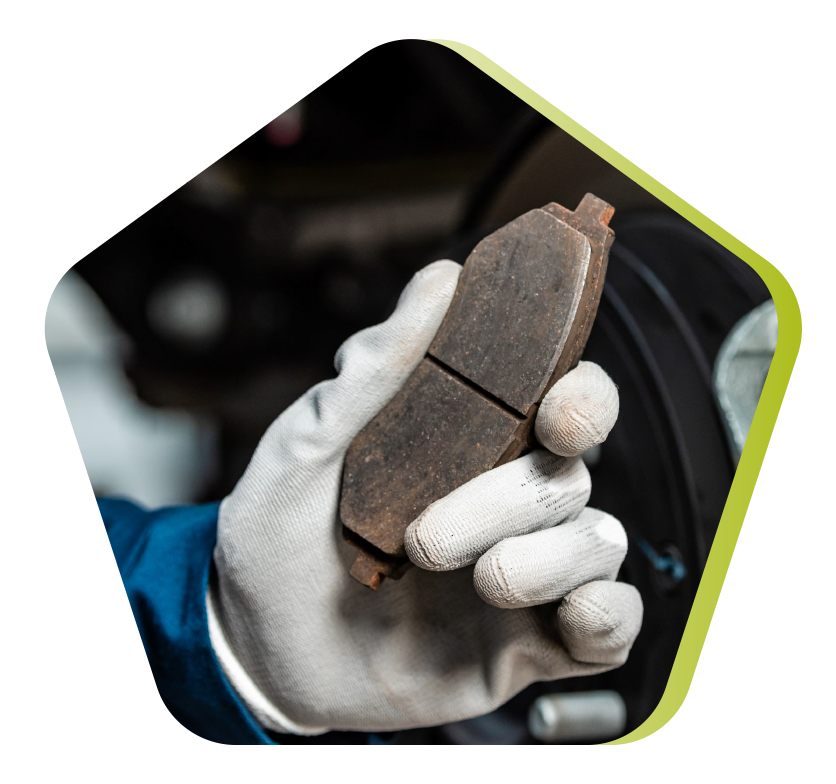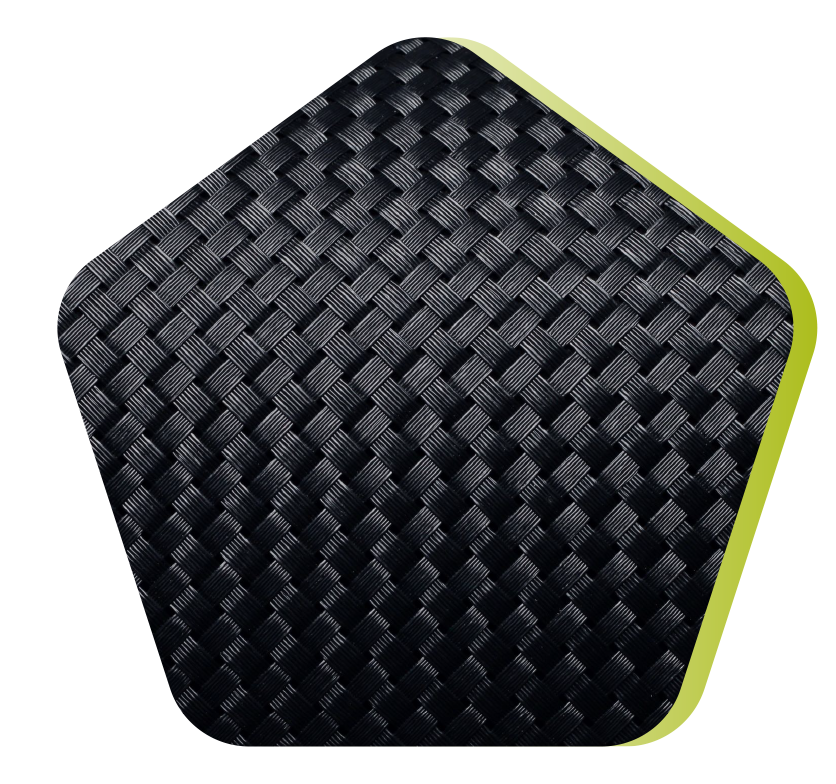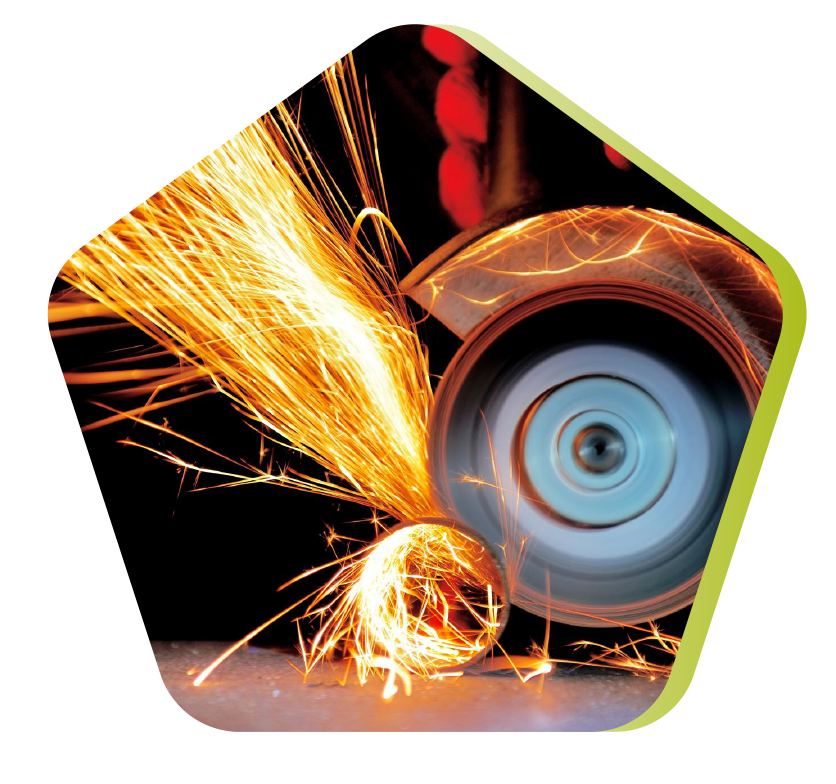Wood
Wood
The use of adhesive resins in wood
Adhesive resins are the substances that bond different wood-based products together. There are many different kind of wood-based products, which can meet structural or non-structural specifications in a variety of usage. The historical adhesive types differ depending on the product performance specifications and certifications together with the associated industrial process.
For process panels, most common products are Plywood, OSB, MDF/HDF, Particle Board and for structural products, they are Glulam, CLT, LVL. Depending on the products, the wood is in the form of fibers, or particles, or sawn timbers, or veneers. In any case, the glue is applied to the wood, either by spray or by direct application, using different production process, either at room temperature or cured.
Most common adhesive systems rely on chemicals such as Formaldehyde, Isocyanates, Phenol, Melamine, Resorcinol which historically petro-based and are under scrutiny by regulators and consumers around the world, because of their health and safety characteristics and the concerns they raise.
Why adhesive resins are key to wood product performance?
Timber logs are a good illustration of nature’s beauty but also imperfection. Glueing wood enables to enhance its inner characteristics and to handle its defects. Either by valorizing co-products which would be wasted or burned for example, or by engineering new technical products with standardizes performance and ease the use of wood-based products.
Many certifications have been set to monitor the performance of glued wood-based products and provide assurance to the user that he will get the targeted properties. The glue performance and the wood-based product design ensures versatility in the use of wood in a variety of applications, from construction to furnitures, from interior use to wet conditions.
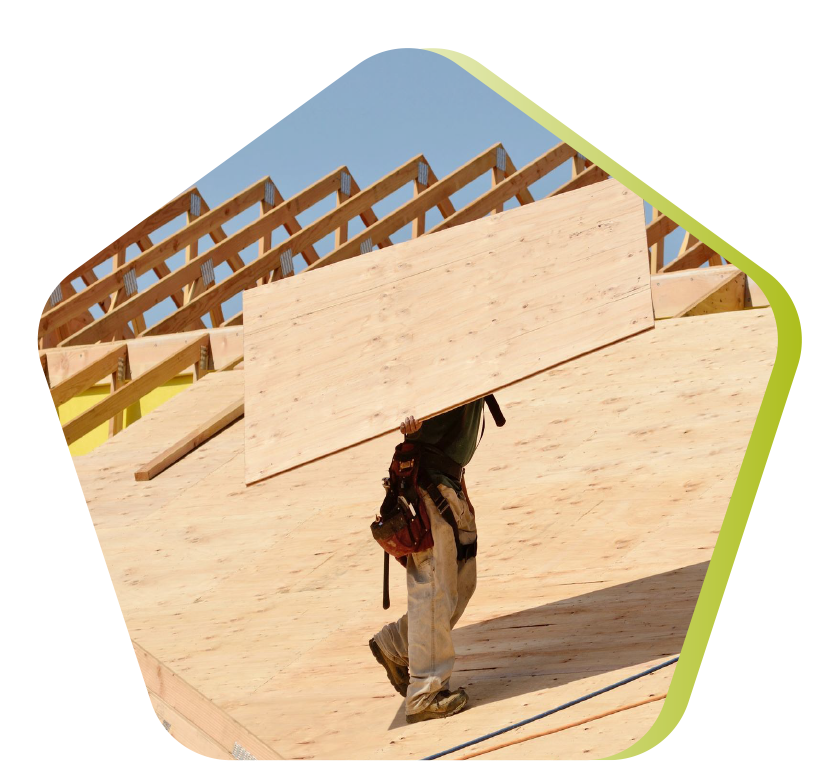
Why ResiCare for wood?
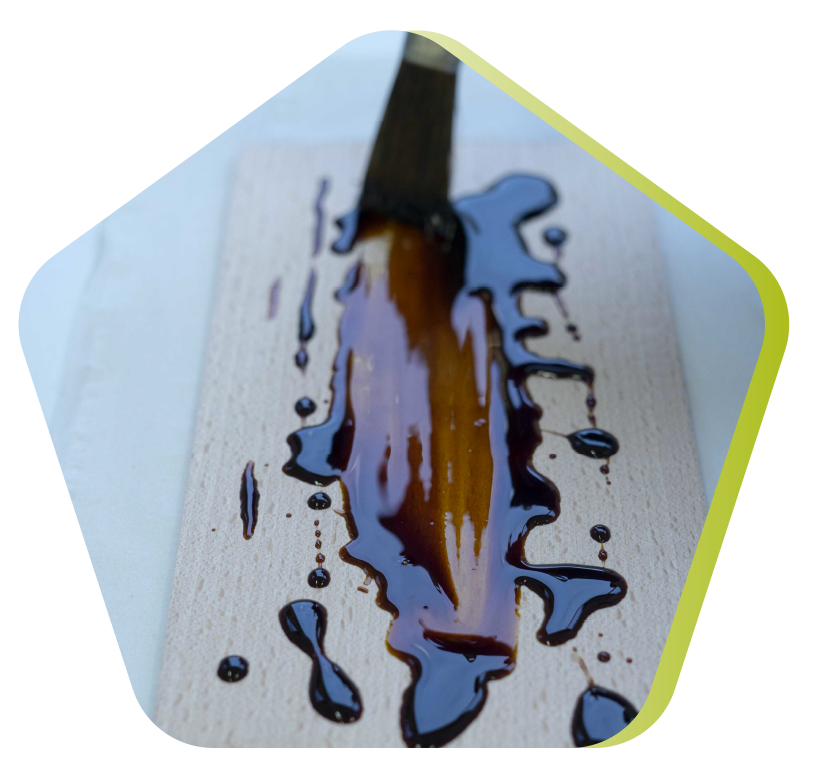
Beyond tires, ResiCare is extending its adhesion expertise in solutions to non-structural and structural wood market.
Features: The ResiCare resins are developed to be used in various applications, starting with plywood, and extending with fiber boards (MDF), Oriented Strand Board (OSB), particle boards, Glulam and Laminated Veneer Lumber (LVL).
Because first step matters, the first resin for plywood applications has been commercialized in 2021. This is a water resistant ULEF resin (Ultra Low Emission Formaldehyde) which has opened the path towards a 100% formol-free and biosourced resin. In line, the team is developing the first resin which is high performance, biosourced and without any molecules meeting SVHC criteria.
Benefits: our binding solutions offers a high level of performance, competing with historical resins while tackling toxicity concerns and reducing its dependance on fossil carbon. Its unique formulation offers mechanical properties and provides increased resistance to water (“Class 3”).
Advantages: This makes today and tomorrow’s regulatory constraints an opportunity to make possible a safer and more sustainable adhesion future. Indeed the ResiCare resins gets rid of historical ingredients such as formaldehyde, isocyanates, resorcinol, phenol, melamine, polyurethanes, while opening the path to innovative biosourcing.

The use of adhesive resins in wood
Adhesive resins are the substances that bond different wood-based products together. There are many different kind of wood-based products, which can meet structural or non-structural specifications in a variety of usage. The historical adhesive types differ depending on the product performance specifications and certifications together with the associated industrial process.
For process panels, most common products are Plywood, OSB, MDF/HDF, Particle Board and for structural products, they are Glulam, CLT, LVL. Depending on the products, the wood is in the form of fibers, or particles, or sawn timbers, or veneers. In any case, the glue is applied to the wood, either by spray or by direct application, using different production process, either at room temperature or cured.
Most common adhesive systems rely on chemicals such as Formaldehyde, Isocyanates, Phenol, Melamine, Resorcinol which historically petro-based and are under scrutiny by regulators and consumers around the world, because of their health and safety characteristics and the concerns they raise.
Why adhesive resins are key to wood product performance?
Timber logs are a good illustration of nature’s beauty but also imperfection. Glueing wood enables to enhance its inner characteristics and to handle its defects. Either by valorizing co-products which would be wasted or burned for example, or by engineering new technical products with standardizes performance and ease the use of wood-based products.
Many certifications have been set to monitor the performance of glued wood-based products and provide assurance to the user that he will get the targeted properties. The glue performance and the wood-based product design ensures versatility in the use of wood in a variety of applications, from construction to furnitures, from interior use to wet conditions.

Why ResiCare for wood?
Beyond tires, ResiCare is extending its adhesion expertise in solutions to non-structural and structural wood market.
Features: The ResiCare resins are developed to be used in various applications, starting with plywood, and extending with fiber boards (MDF), Oriented Strand Board (OSB), particle boards, Glulam and Laminated Veneer Lumber (LVL).
Because first step matters, the first resin for plywood applications has been commercialized in 2021. This is a water resistant ULEF resin (Ultra Low Emission Formaldehyde) which has opened the path towards a 100% formol-free and biosourced resin. In line, the team is developing the first resin which is high performance, biosourced and without any molecules meeting SVHC criteria.
Benefits: our binding solutions offers a high level of performance, competing with historical resins while tackling toxicity concerns and reducing its dependance on fossil carbon. Its unique formulation offers mechanical properties and provides increased resistance to water (“Class 3”).
Advantages: This makes today and tomorrow’s regulatory constraints an opportunity to make possible a safer and more sustainable adhesion future. Indeed the ResiCare resins gets rid of historical ingredients such as formaldehyde, isocyanates, resorcinol, phenol, melamine, polyurethanes, while opening the path to innovative biosourcing.
All our applications
To build with us the best solution adapted to your needs, let’s get in touch !
To build with us the best solution adapted to your needs, let’s get in touch !
